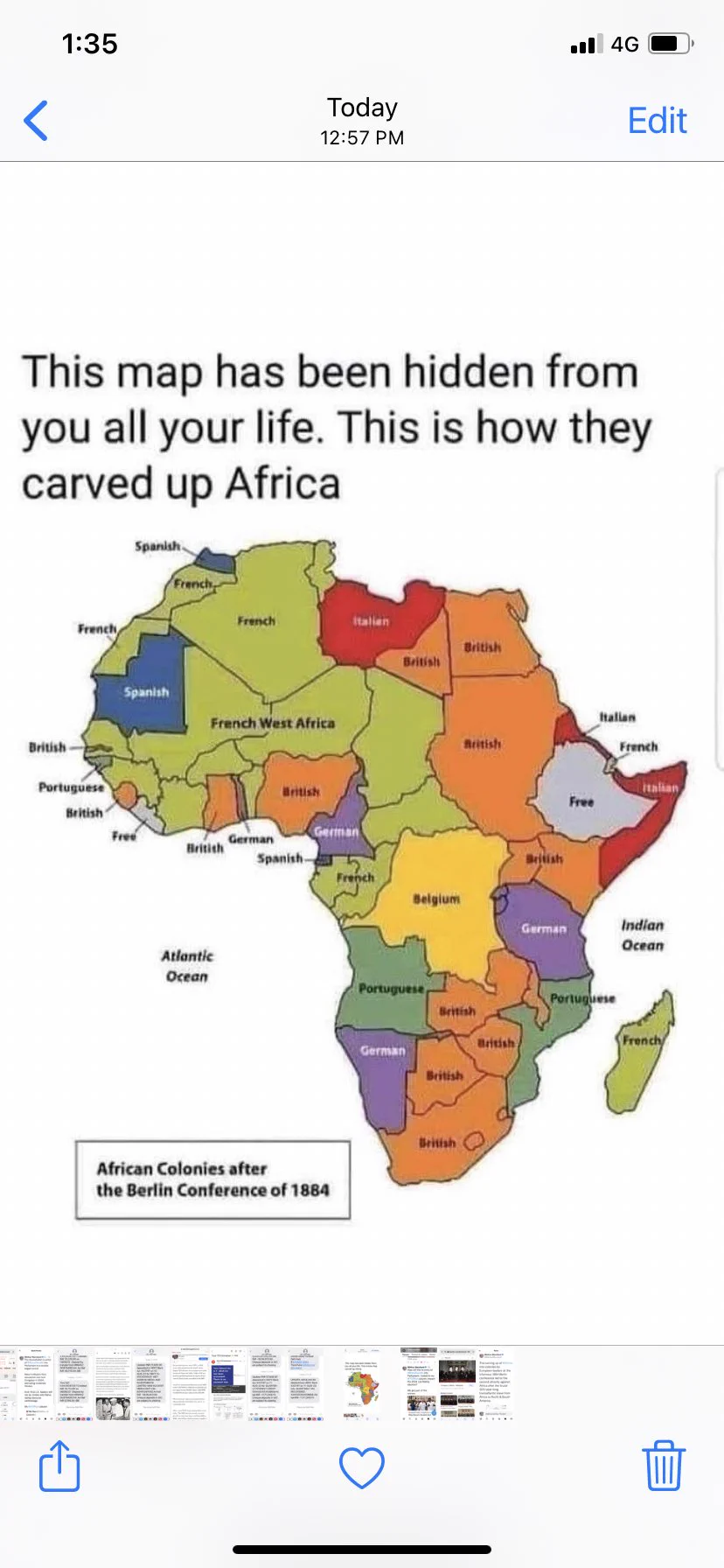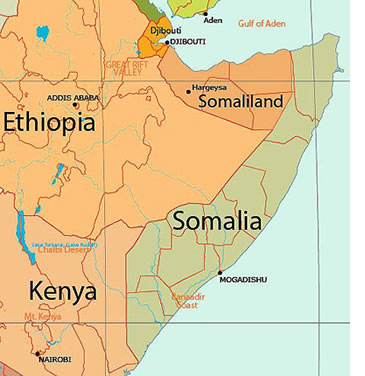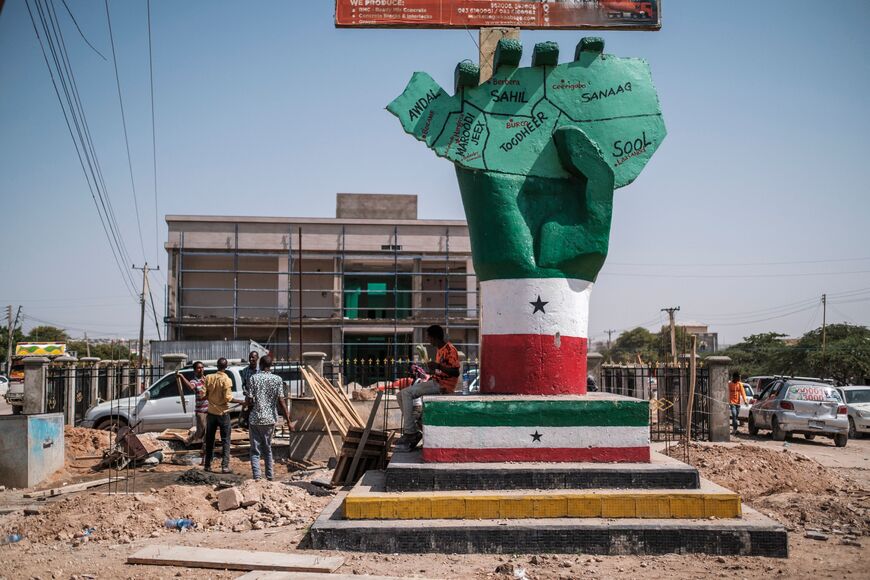all good Lisaji
Cyrano wrote: ↑04 Feb 2024 18:47
So I'd take this CFR report with a bucket of salt.
Cyranoji, let me preface by saying what I may have mentioned earlier before, all western journalists speak in the forked tongues of a bat's, that is not revelation but dogmatic axiom. All articles have some kernel of truth and varying proportions of histrionics, kite-flying and contempt, we all know this, the only thing to extract are the facts and punt the rest. In that conjunction, the only use of the article is the news and the inference:
1. 3 member nations, founding members at that, of ecowas have decided to leave the association
2. all the 3 members are muslim heavy
3. the 3 members are antagonistic towards the west and particularly france, i think we all remember how france has been militarily involved in mali for many years now
4. the 3 members are not chary of the western notion that democracy is the be all and end all of polity
inference
1.russia/china will move into this vacuum, russia via wagner, mil sales, china via infra spend and development
2.ecowas is an integrated economic forum, in a happy coincidence, the trade is in cfa franc, pegged to the euro, less participation is less heft for france and eu
3. other countries where "democracy" is the imposed god in ecowas will be tempted by such measures to seek solace elsewhere
What was France paying for yellow cake from Niger before and after the coup ? 15 cents a kilo vs 300x ie market price now. After AUKUS, France is being punished again for trying to pursue or even looking like it is trying to pursue an independent foreign policy.
independent foreign policy... an interesting phrase in this instance of what is clearly neo-colonialism of old colonies, by the by, france with their dirt cheap uranium had quite a racket going on with their exorbitant power selling price to other countries in the eu and their negligible production price purchased by corrupting national leaders, this was one of the major reasons that the coup occurred
France thinks it still has some influence in ecowas.
and it does, nobody loots a setup alone, local lads with a thirst for fine things in life are not difficult to find, especially in africa, the old guard on the anvil of losing much which always involves the armed forces will have influence
The African continent was carved up by competing colonial empires with little regard for people or geography and this has put multidimensionally diverse peoples into same countries leading to conflict which the former colonial powers again use as excuse to meddle and exploit the indigenous people, with Massa lording above them all.
The "countries" were carved up as long North to south strips by colonial powers to ensure access to sea to ship away produce, slaves and minerals.
But every country has the same force fitted composition of a multitude of tribes and people with dissimilar ethnicity, religions, lifestyle and traditions. Designed for perpetual conflict and strife, and therefore designed to be easily controlled and exploited by the white masters and MNCs using money, guns, NGOs, conversion zealots.
Its easy to blame Africans for all this instability in posh foreign policy journals and champagne soaked conférences.
However IMHO the best thing that can happen to 'save' Africa is that the western powers stay the hell out in all forms. And let them redraw the borders as they see fit, even if it may happen with considerable bloodshed.
let me be a bit harsh in this instance and say that the africans are not entirely blameless either, it is not the responsibility of former powers who cobbled up large swathes of territories only as a means for enterprises to form ethnological surveys and go door to door to take census on what the geographical division should be like, if new found countries had issues, who was stopping them to combining forces here and negotiating land there.
Countries in asia had preexisting borders based on previous empires / extent of power, so geography division was easier, the middle east was formed by breaking up the ottoman empire, going in a deal with ibn saud and gauging persia's growth as a regional irritant in the future; in contrast, what have been the empires in west africa? the only that comes to mind is of mali, and that was prosperous for trading slaves to the middle east/
So the west would have returned the countries to their previous state as they found it, with warring chieftains and tribes, no institutional development or anything to sustain it in the future; that is the job of the native africans. Now african countries are like miny nations in themselves, they are not one tribe heavy, but have to work out between them for the greater prosperity, greater movement between countries and further economic interdependence will integrate people in a civic and institutional bind tighter than ever before in western africa; i do not disparage the institutions that the west imparted to africa for the simple reason that there was nothing before, if they have an ancient philosophy of governance or some newfound one, the world waits with bated breath for their implementation
The opinion on French influence and even more powerful American influence in ecowas region and latest developments will be very different if you get an African perspective.
yet no one seems to post any such african perspectives, curious. I have glanced over general african political/ir papers, they are without fail always a mixture of colonialism, handouts for global warming, tribal warfare, corruption, strong armed forces, a paper here or there might be different, but prima facie, i would say that they still lack maturity in such institutions, if you have the strength to correct the past, then by all means, crib about it, if not, find ways for the future



